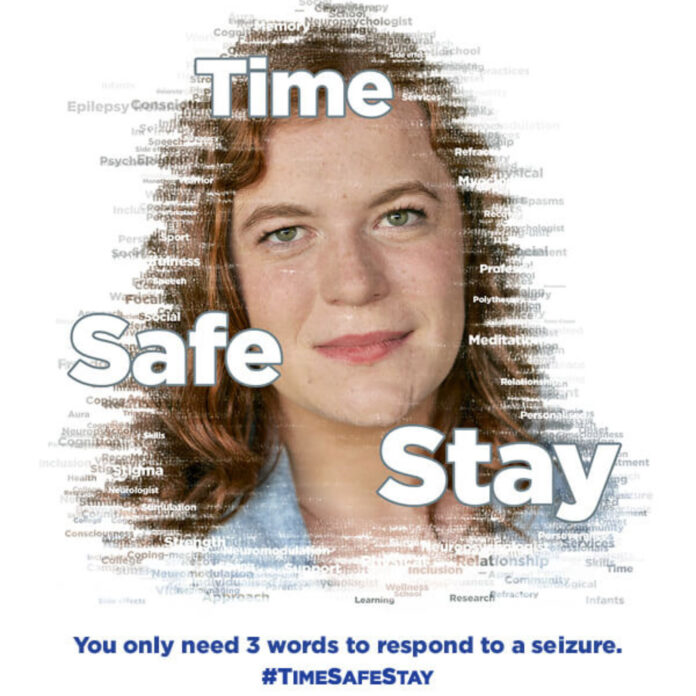
86% of the Irish public believe that knowing seizure first aid is important – but just 28% say they would know how to respond to a seizure.
This is according to new market research conducted by Ámarach Research on behalf of Epilepsy Ireland, which surveyed 1,000 members of the Irish public in April on their awareness of, and attitudes to, epilepsy.
In light of these findings, Epilepsy Ireland is urging the public to learn more about epilepsy first aid during National Epilepsy Week, which runs this week from May 20th to 26th.
“The findings show that there is still a significant and concerning knowledge gap in the community, especially considering the estimated 45,000 individuals living with epilepsy in Ireland”, said Peter Murphy, Epilepsy Ireland CEO.
“Over 55% of respondents said that they have witnessed a seizure, and 50% know someone who lives with the condition, so knowing what to do is knowledge that is likely to be very useful in coming to someone’s assistance in future.
“We encourage everyone to dedicate just five minutes of their time during the week to learn more about seizure first aid and the key words “Time, Safe, Stay” which is critical information everyone should know and which could potentially save someone’s life.”
‘STILL A LOT OF WORK TO BE DONE’
Epilepsy Ireland has been monitoring public understanding of the condition since 2013, and in that time has put in place several campaigns and projects aimed at raising awareness of epilepsy, one of the biggest priorities for people living with the condition.
“We’ve seen a lot of positive changes over the past decade”, Mr Murphy explained, who stated that they were “also seeing improvements in general understanding of the condition”.
“More people are aware of the different types of seizures that can occur, and that not everyone with epilepsy needs to avoid flashing or flickering lights, for example. There is also a greater recognition that there can be a social stigma attached to epilepsy.
“However, as the latest data suggests, there is still a lot of work to be done. It is particularly concerning that compared to a decade ago, fewer people today are familiar with the positive steps that should be taken, such as cushioning the person’s head during a convulsive seizure, staying with them until the seizure ends and removing potentially hazardous objects from the area.
To find out more about epilepsy and seizure first aid or to read lived experiences of people living with the condition, go to www.epilepsy.ie or connect with Epilepsy Ireland on social media.







